The remarkable watercolor artist, Greg Wyatt, handed me a spiral notebook with a collection of images of his latest watercolor drawings about thought-leaders and their selected quotes. Greg asked me to write on the back of each page my spontaneous stream of consciousness inspired by his art. Below are my resulting watercolors-inspired thoughts about the cosmos.
Empedocles: Greek pre-Socratic philosopher (494–434 BC)
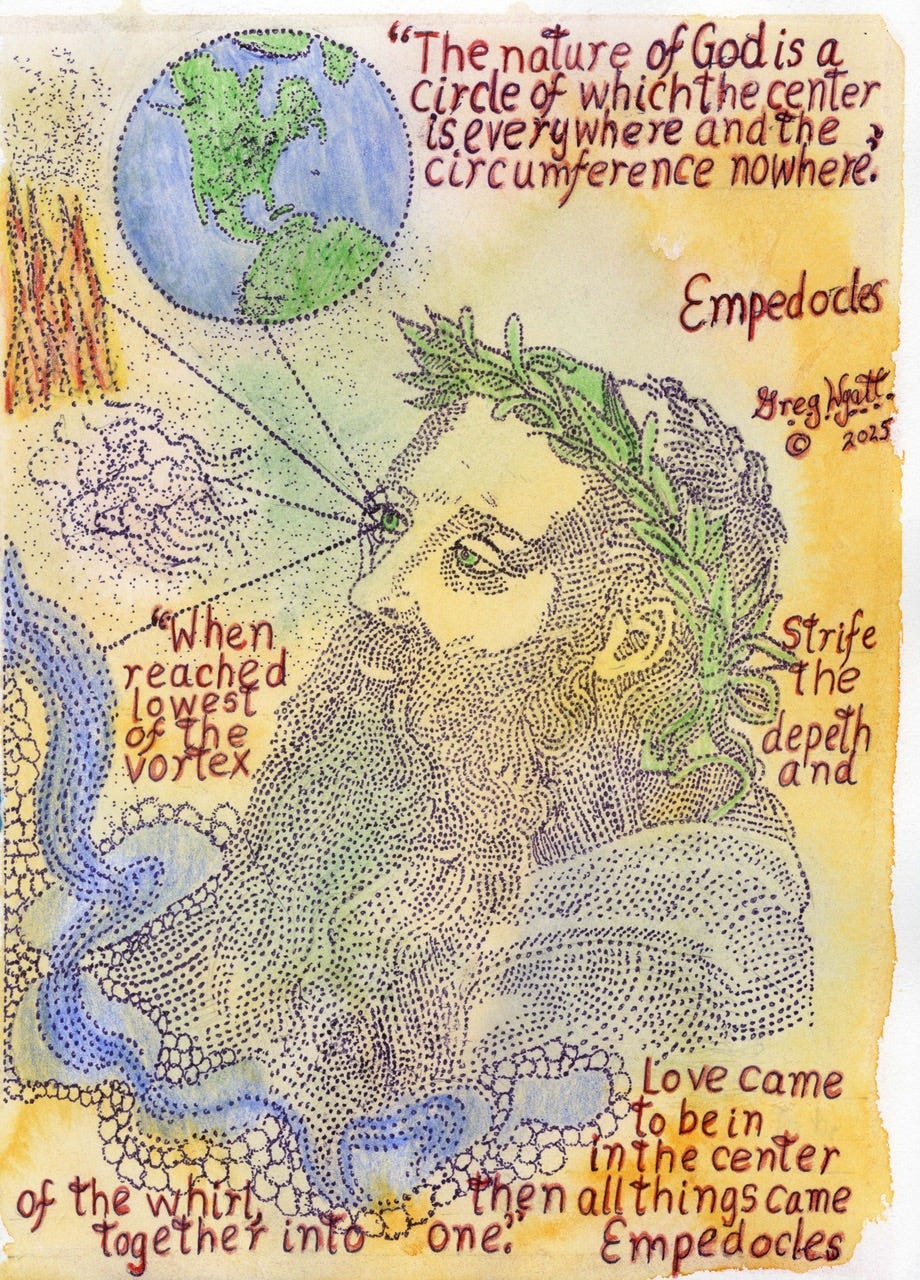
Indeed, there is no center to the observable Universe. The data on the cosmic microwave background implies that the initial densities of matter and radiation were the same everywhere to one part in a hundred thousand, out to a distance that is at least four thousand times larger than the distance that light traveled since the Big Bang, 13.8 billion years ago. Who crafted these initial conditions? Perhaps a scientist who understood quantum-gravity and knew the recipe for creating baby universes. Believing in that is one way of unifying science with religion.
Williamina Fleming: pioneering Scottish astronomer (1857–1911)
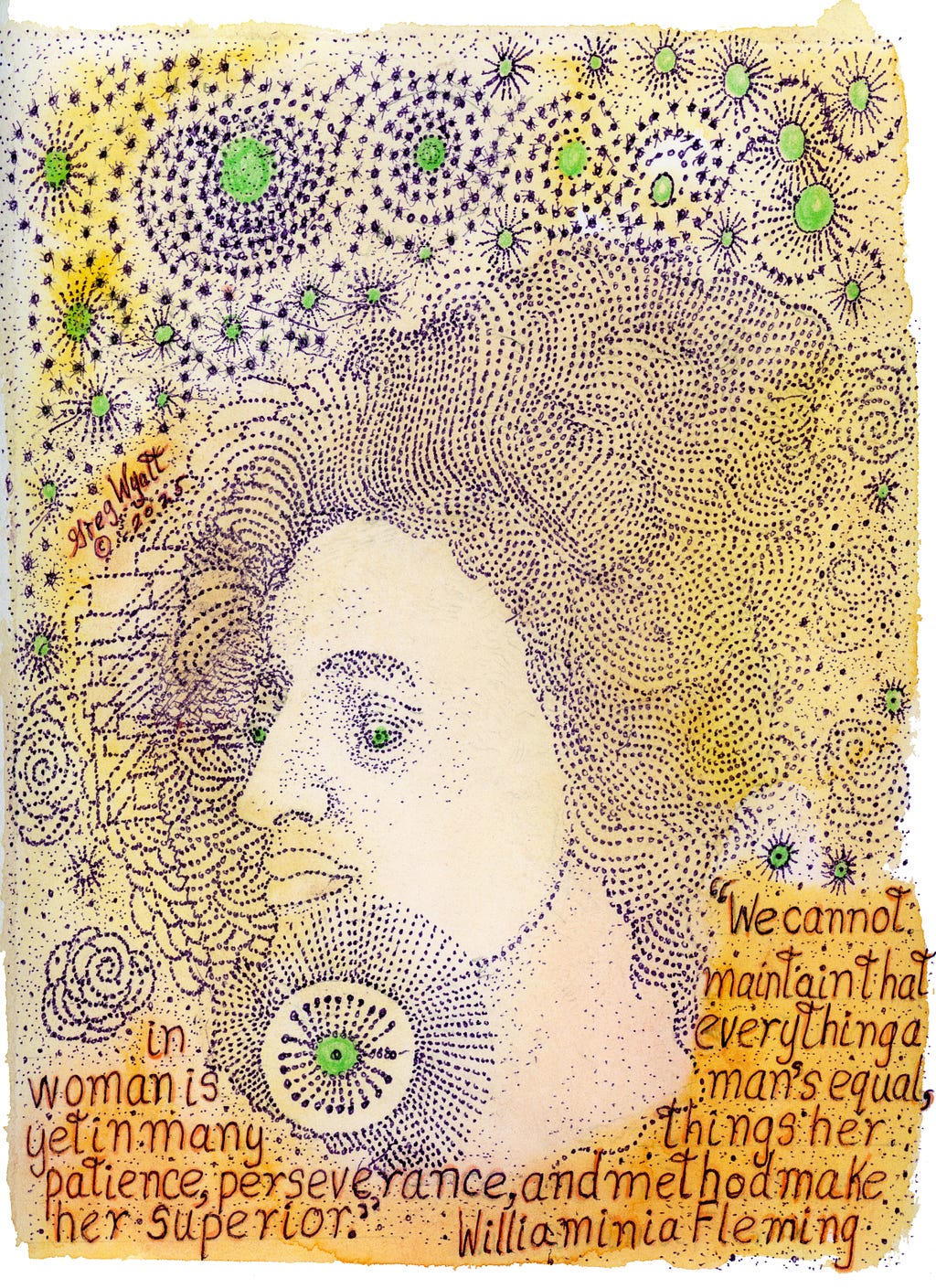
In the film “Arrival,” extraterrestrials arrive at Earth. It is challenging for most humans to figure out their communication signals. But the scientist Louise Banks, played. By Amy Adams, finds a way to communicate with them. Women have better communication skills than men, especially when dealing with superhuman intelligence.
Tycho Brahe: Danish astronomer of the Renaissance (1546–1601)

Nature is under no obligation to make us happy. We are not at the physical center of the Universe as most people hoped to believe before Copernicus. We are probably not at the intellectual center of the Universe, as many currently wish to believe. Most likely, intelligent entities like us were born on planets around other stars for billions of years before we came to exist. We do not deserve special attention on the cosmic stage. It is arrogant to think otherwise.
Isaac Newton: English physicist and mathematician (1642–1727)
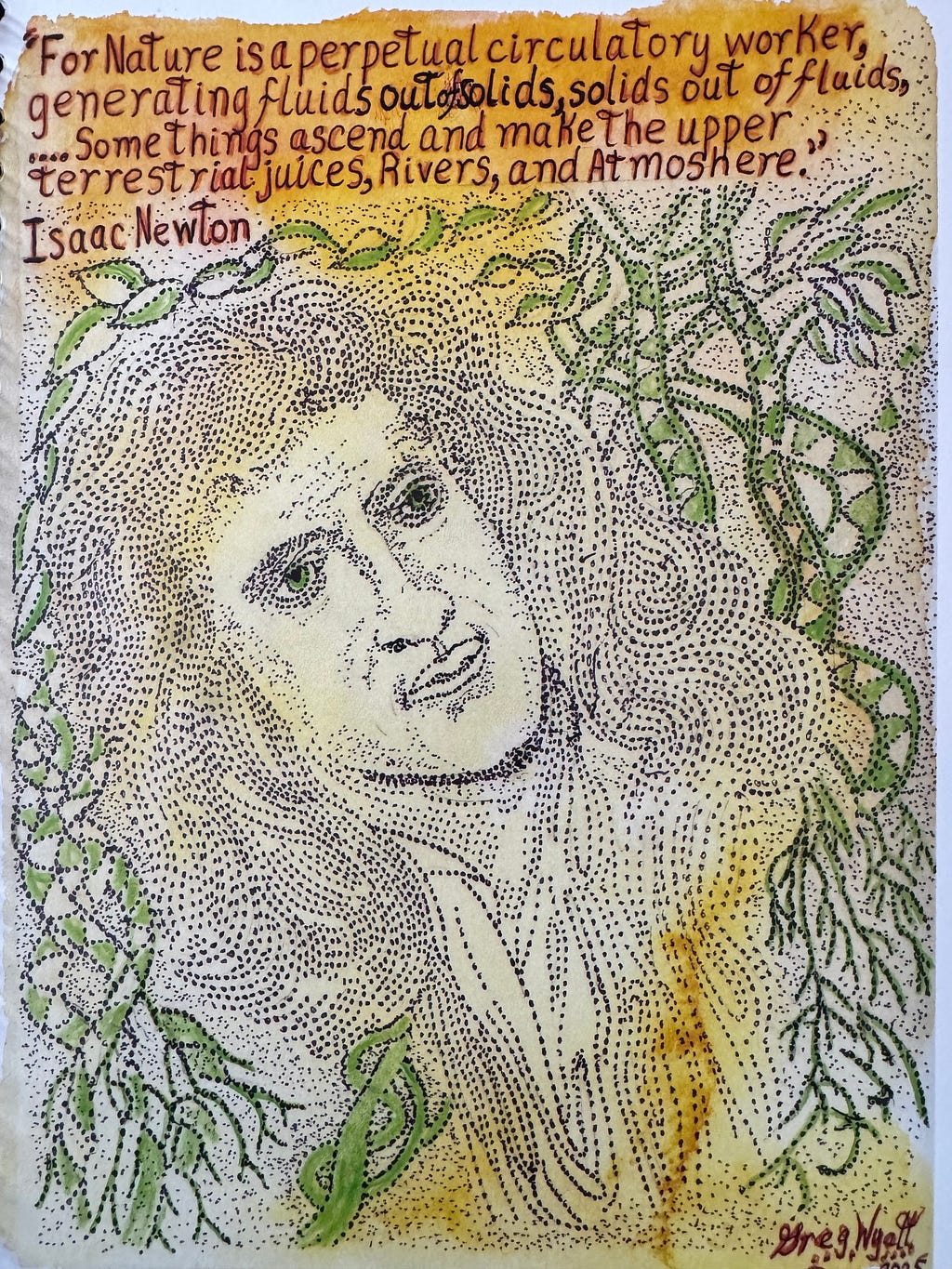
Speaking about liquids, most of the mass of our body is in water, and most of the mass of water is in oxygen. Oxygen was not made in the Big Bang. We are therefore an afterthought, a byproduct of nuclear burning in the interiors of stars that came hundreds of millions of years after the Big Bang. Our body recycles materials that were processed before we were born. We choose to believe that when this material is organized into our body, it gains cosmic significance. Not so. The end of our transient existence will not be mourned by the cosmos. We should be grateful to the opportunity of being players on the cosmic stage, but also recognize the numerous other players and the fact that the play started billions of years before we were born.
Pierre-Simon Laplace: French mathematician and physicist (1749–1827)
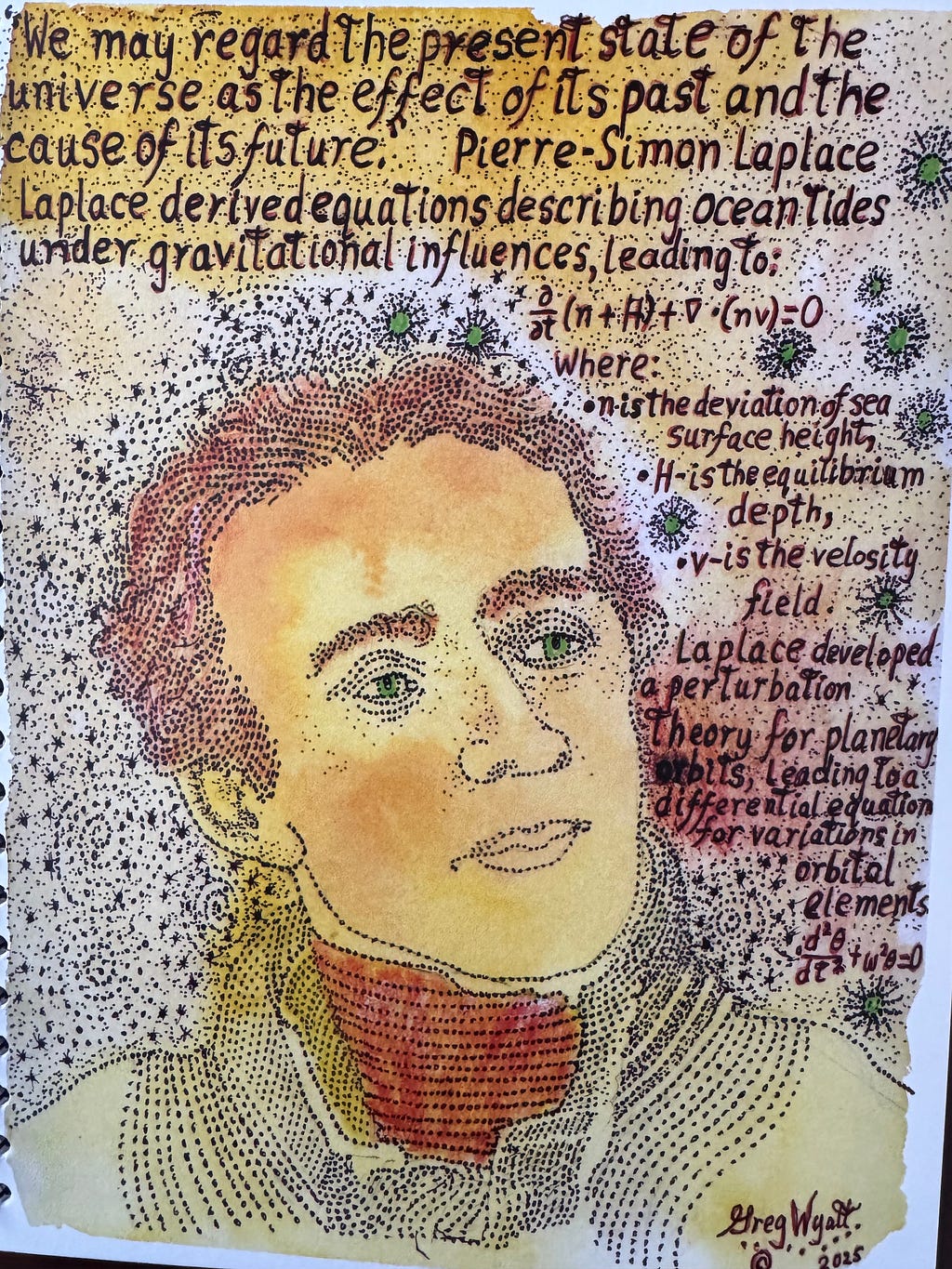
The fundamental question is whether we can engage in cosmic engineering projects, namely the ambition to shape the future of the Universe. Doing so would mean that the future would not be a natural byproduct of the past, in the same way that a Silicon-based computer chip would have never appeared on Earth as a result of the natural evolution of Silicon-based rocks. If we design an artificial future through technological engineering of our cosmic neighborhood, then that future would deviate from current forecasts of astronomers and cosmologists for a lifeless cosmos, lacking free will.
Nicolaus Copernicus: Polish astronomer (1473–1543)
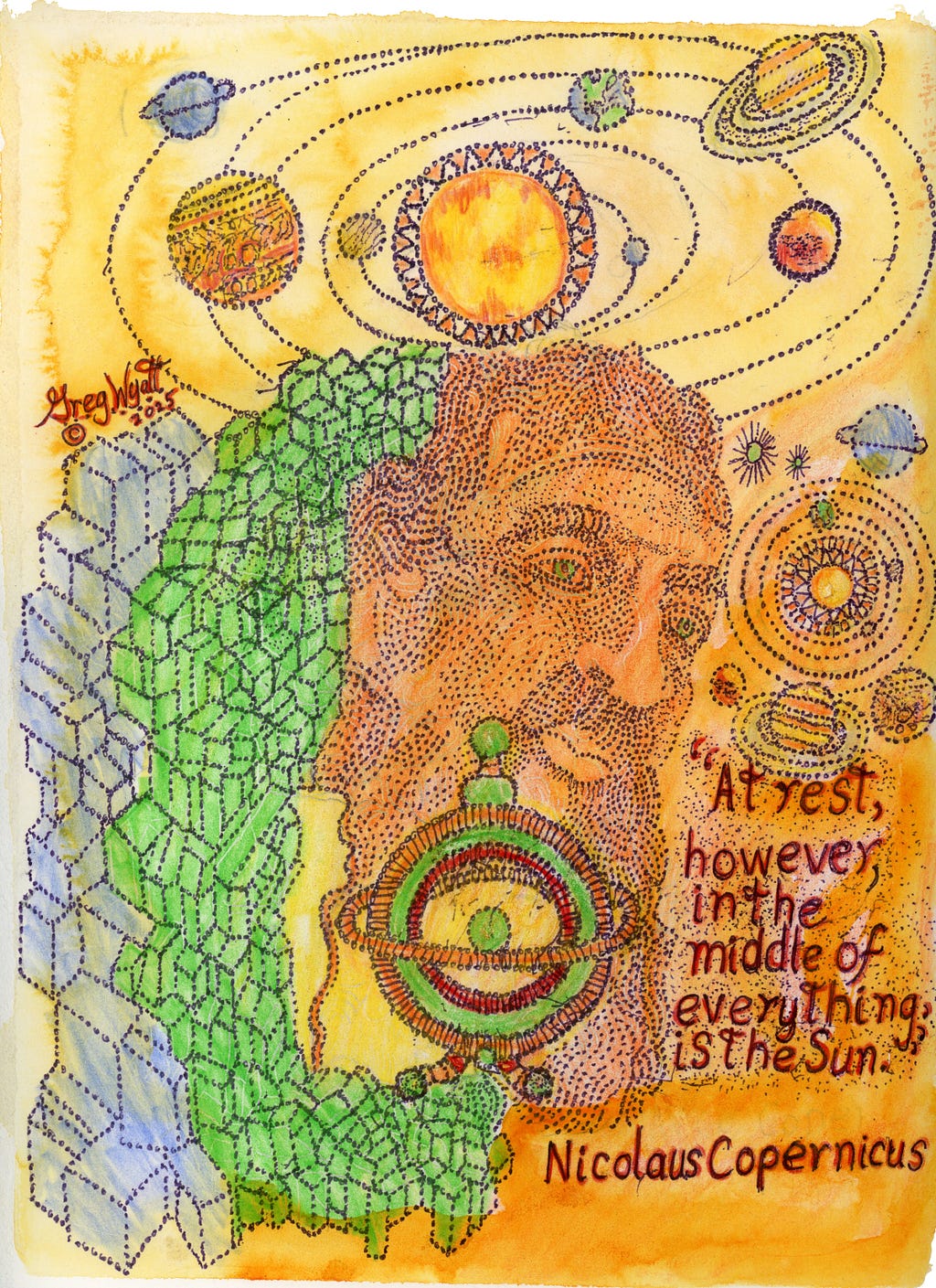
The Sun powers life-as-we-know-it by warming the Earth and enabling chemical reactions in liquid water. The only other object in the Solar system with liquids on its surface is Titan, Saturn’s moon. I would love to go fishing on Titan, because any fish over there would represent life-as-we-do-not-know-it. The lakes, rivers and oceans on Titan are filled with liquid methane and ethane. In the future, the Sun will trigger death on Earth. Within a billion years, it will boil off all oceans and in 7.6 billion years its envelope might engulf the Earth and drag the Moon to a crash on Earth’s surface.
Maria Mitchell: American astronomer and educator (1818–1889)
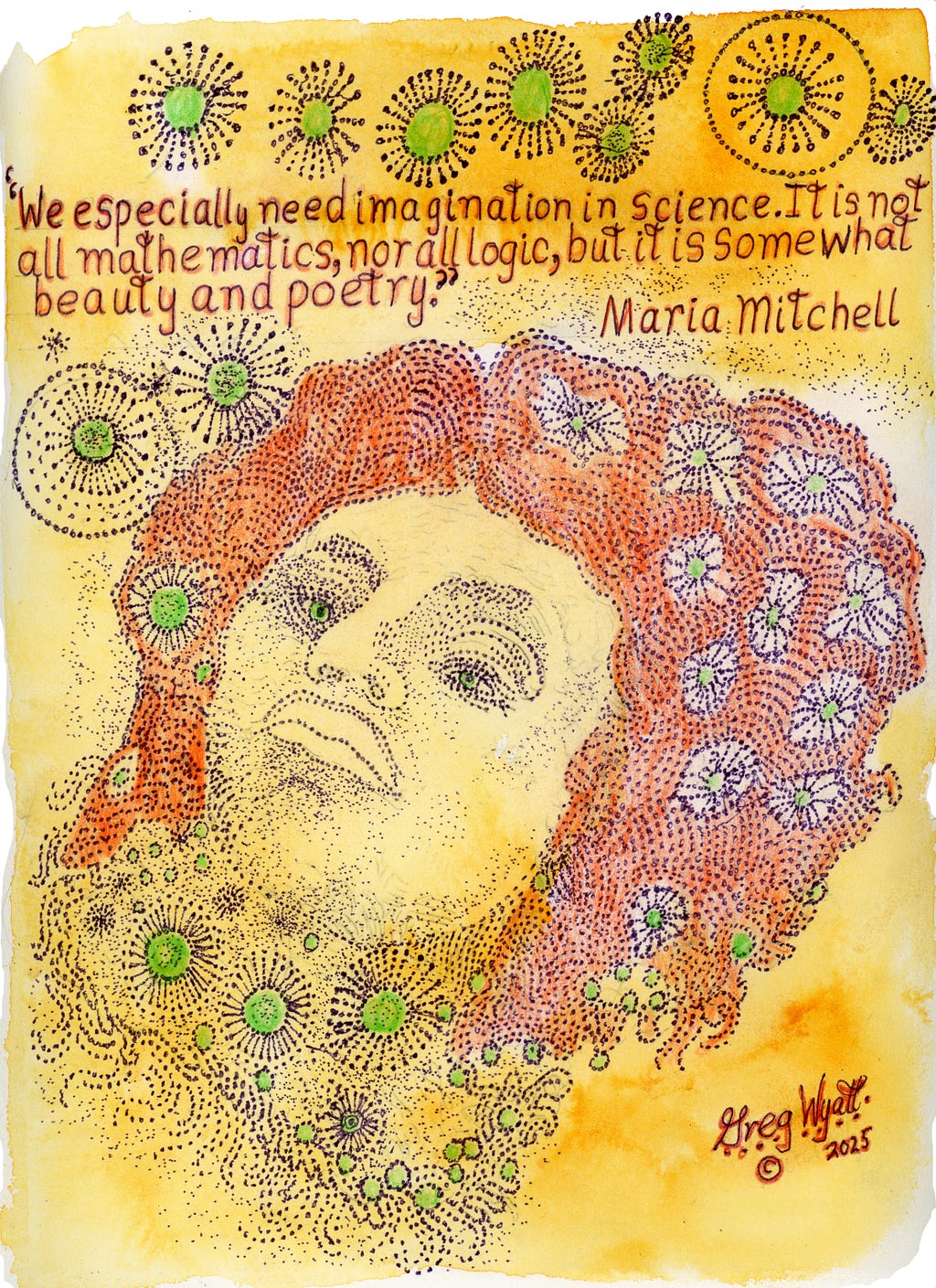
Nature is richer than our imagination, especially when dealing with the unknown. This is why we need to rely on evidence to guide us through the darkness of our ignorance. Our imagination was shaped by our past experiences which may not explain the full extent of the unknown.
Albert Einstein: German-born theoretical physicist (1879–1955)
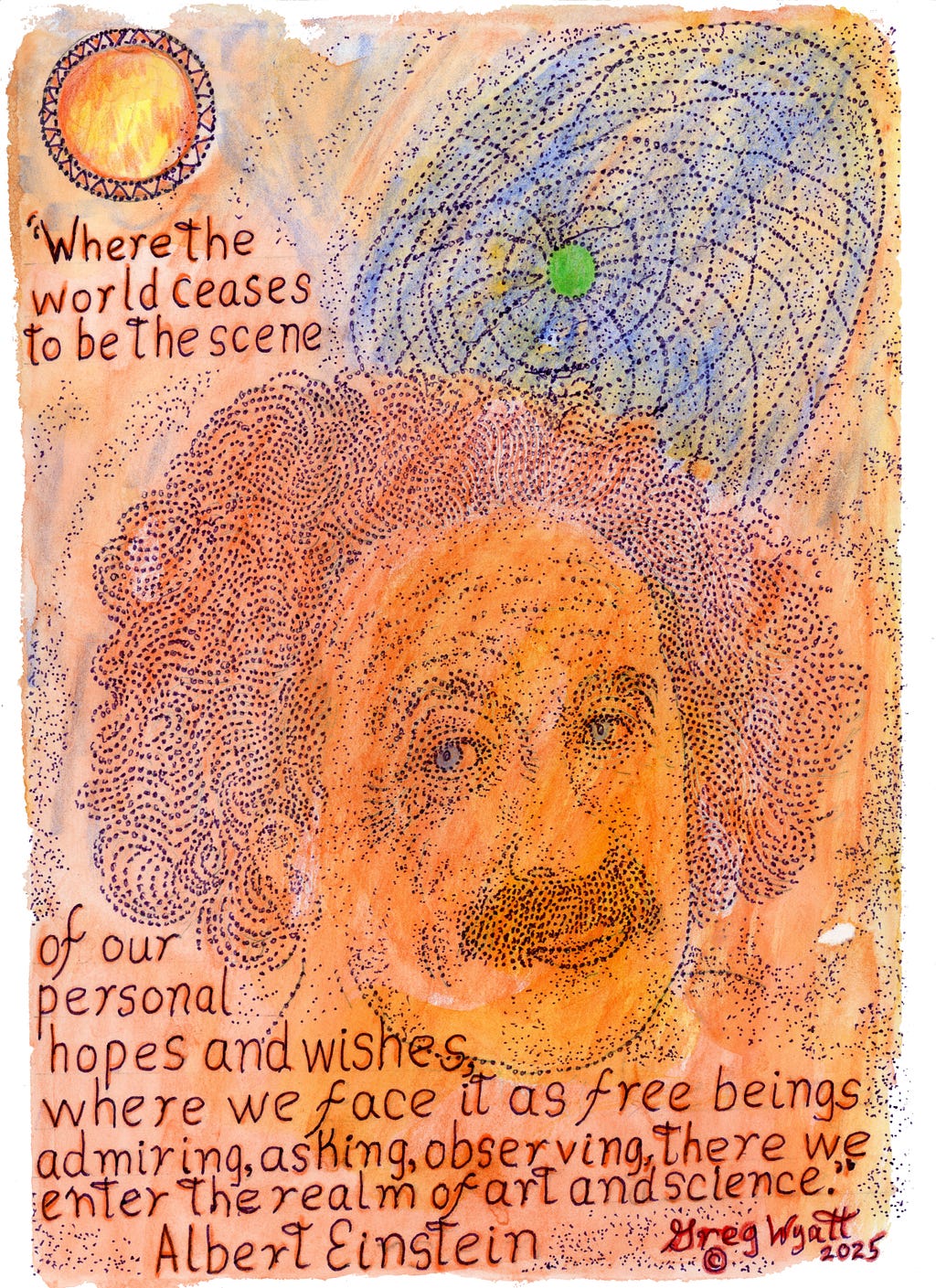
Creations of art and science are acts of generosity. They did not have to exist. Just like the Universe as a whole. Once we witness their beauty, we are filled with gratitude. They give meaning to our short life.
Galileo Galilei: Italian scientist (1564–1642)
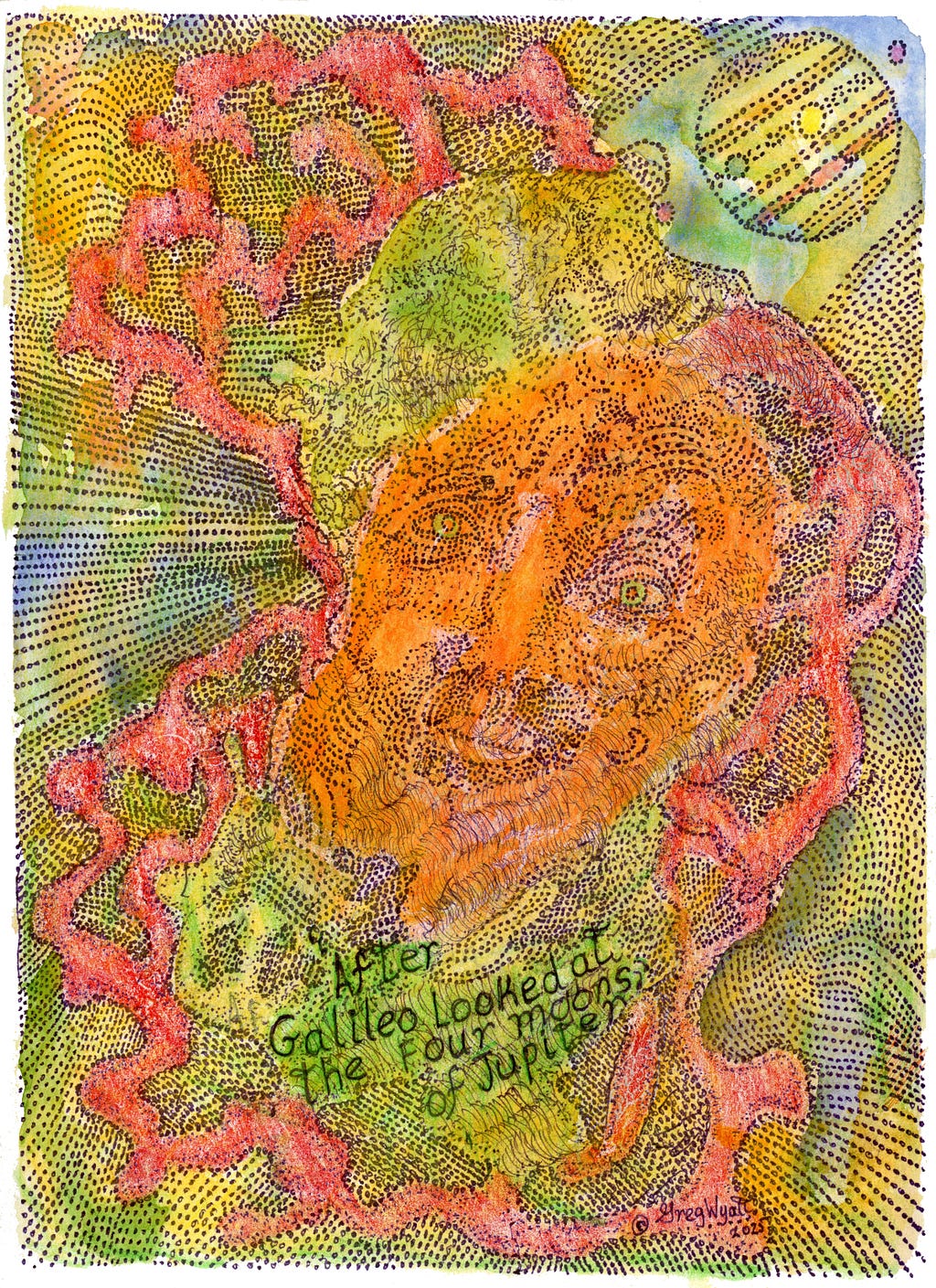
After Galileo observed the four moons of Jupiter, it became clear that the Earth is not located at the physical center of the Universe. This was shock therapy to humanity’s unjustified sense of self-importance.
Once we realize that our cosmic street was full of residents like us over billions of years, we will finally understand the complete message from the cosmos: “The cosmic play is not about you!”
Through the method of gathering scientific evidence, pioneered by Galileo, we can maintain a sense of cosmic humility.
All humans are in the same boat. We can advance to the level of super-human intelligence with the help of A.I., namely “artificial intelligence” from Earth as well as “alien intelligence” from interstellar space.
ABOUT THE AUTHOR
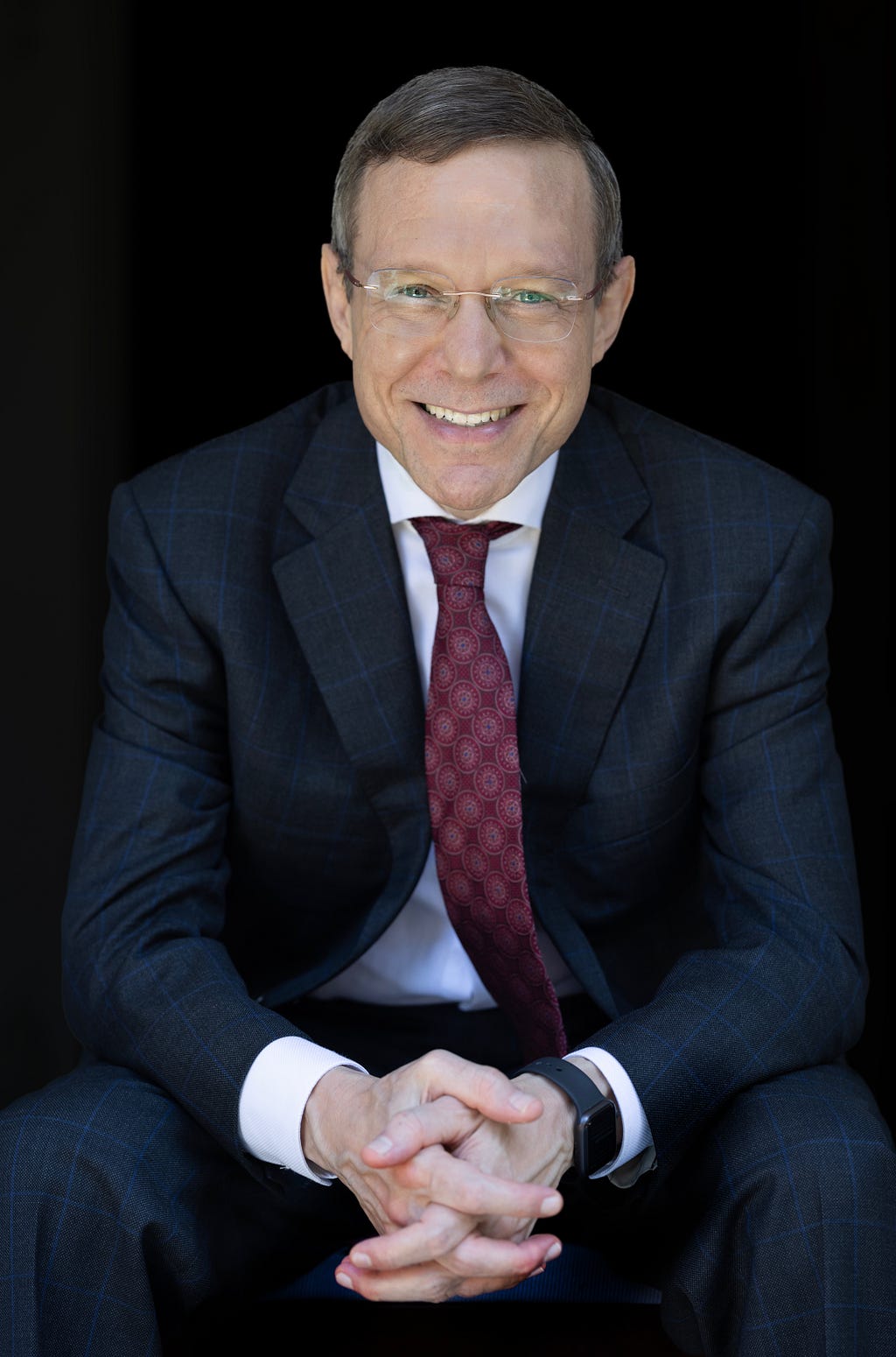
Avi Loeb is the head of the Galileo Project, founding director of Harvard University’s — Black Hole Initiative, director of the Institute for Theory and Computation at the Harvard-Smithsonian Center for Astrophysics, and the former chair of the astronomy department at Harvard University (2011–2020). He is a former member of the President’s Council of Advisors on Science and Technology and a former chair of the Board on Physics and Astronomy of the National Academies. He is the bestselling author of “Extraterrestrial: The First Sign of Intelligent Life Beyond Earth” and a co-author of the textbook “Life in the Cosmos”, both published in 2021. The paperback edition of his new book, titled “Interstellar”, was published in August 2024.